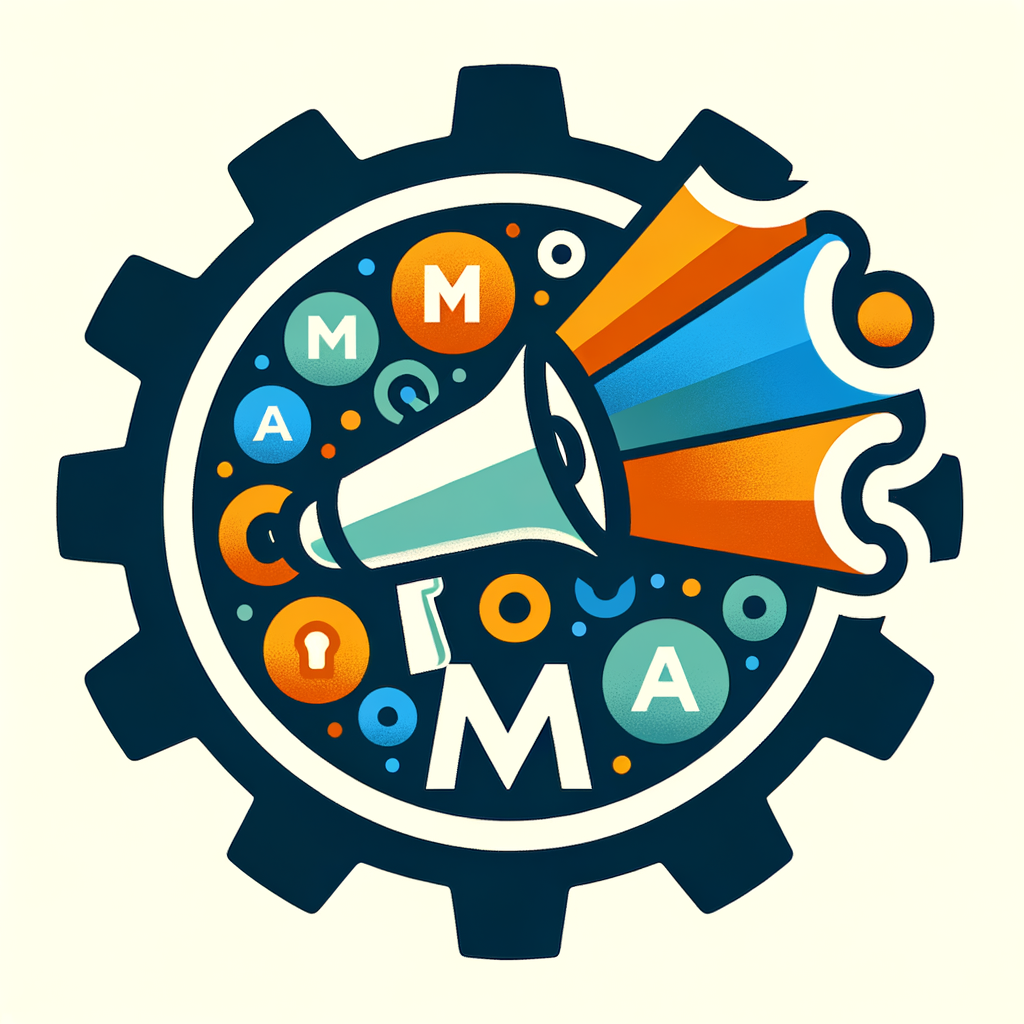What is marketing automation, and how does it relate to lead nurturing? Marketing automation refers to the use of software and technology to streamline and automate various marketing processes, including lead nurturing. Lead nurturing is the process of building relationships with potential customers by providing them with relevant and valuable information at each stage of the buyer’s journey.
Key Takeaways
- Marketing automation enables businesses to efficiently nurture leads through personalized and targeted communication.
- Lead nurturing campaigns can be automated to deliver the right content at the right time, based on lead behavior and preferences.
- Marketing automation tools provide valuable insights into lead engagement and behavior, allowing for data-driven optimization of nurturing campaigns.
- Effective lead nurturing through marketing automation can significantly improve lead conversion rates and shorten sales cycles.
Understanding Marketing Automation
Marketing automation is a technology that allows businesses to streamline and automate various marketing tasks and workflows. It involves the use of software platforms that can automate repetitive tasks, such as email marketing, social media posting, lead scoring, and lead nurturing. By automating these processes, businesses can save time and resources while ensuring consistent and personalized communication with their leads and customers.
The Importance of Lead Nurturing
Lead nurturing is a crucial aspect of the sales and marketing process. It involves building relationships with potential customers by providing them with relevant and valuable information at each stage of the buyer’s journey. This helps to educate and guide leads through the sales funnel, ultimately increasing the likelihood of conversion.
The Role of Marketing Automation in Lead Nurturing
Marketing automation plays a significant role in lead nurturing by enabling businesses to efficiently and effectively nurture leads through personalized and targeted communication. Here’s how marketing automation supports lead nurturing:
Automated Lead Nurturing Campaigns
Marketing automation platforms allow businesses to create and automate lead nurturing campaigns. These campaigns can be triggered by specific actions or behaviors, such as a website visit, form submission, or email engagement. Once triggered, the campaign will deliver a series of targeted and personalized communications to the lead, based on their interests, behavior, and stage in the buyer’s journey.
Personalized Content Delivery
Marketing automation tools enable businesses to segment their leads based on various criteria, such as demographics, interests, or behavior. This segmentation allows for the delivery of highly personalized and relevant content to each lead, increasing engagement and nurturing effectiveness.
Lead Scoring and Prioritization
Lead scoring is a critical aspect of lead nurturing, as it helps businesses identify and prioritize the most qualified and sales-ready leads. Marketing automation platforms typically include lead scoring capabilities, which assign scores to leads based on their behavior, engagement, and other criteria. This allows sales teams to focus their efforts on the most promising leads, improving efficiency and conversion rates.
Behavior Tracking and Analytics
Marketing automation tools provide valuable insights into lead behavior and engagement. By tracking actions such as email opens, link clicks, and website visits, businesses can gain a better understanding of their leads’ interests and preferences. This data can be used to optimize lead nurturing campaigns and ensure that the right content is being delivered at the right time.
Benefits of Marketing Automation for Lead Nurturing
Implementing marketing automation for lead nurturing can provide numerous benefits for businesses, including:
- Increased lead conversion rates: By delivering personalized and relevant content to leads at the right time, businesses can improve their chances of converting leads into customers.
- Shortened sales cycles: Effective lead nurturing can help move leads through the sales funnel more quickly, reducing the time and effort required for conversion.
- Improved lead qualification: Lead scoring and prioritization capabilities enable sales teams to focus on the most qualified and sales-ready leads, improving efficiency and productivity.
- Scalability: Marketing automation allows businesses to nurture a large number of leads simultaneously, without sacrificing personalization or quality.
- Consistent messaging: Automated lead nurturing campaigns ensure consistent messaging and branding across all touchpoints, enhancing the overall customer experience.
Implementing Marketing Automation for Lead Nurturing
To successfully implement marketing automation for lead nurturing, businesses should follow these steps:
- Define lead nurturing goals and objectives: Clearly define the desired outcomes of your lead nurturing efforts, such as increased lead conversion rates, shorter sales cycles, or improved customer engagement.
- Map the buyer’s journey: Understand the different stages of your buyer’s journey and the information and content needs at each stage.
- Develop targeted content: Create a content strategy that aligns with the buyer’s journey and addresses the specific needs and pain points of your target audience.
- Choose the right marketing automation platform: Evaluate and select a marketing automation platform that meets your business requirements and integrates seamlessly with your existing systems and processes.
- Set up lead scoring and segmentation: Define lead scoring criteria and segment your leads based on relevant attributes, such as demographics, behavior, and engagement levels.
- Design and automate lead nurturing campaigns: Create and automate lead nurturing campaigns that deliver the right content to the right leads at the right time, based on their behavior and preferences.
- Monitor and optimize: Continuously monitor the performance of your lead nurturing campaigns and use the insights gained from marketing automation analytics to optimize and refine your strategies.
Best Practices for Lead Nurturing with Marketing Automation
To maximize the effectiveness of your lead nurturing efforts with marketing automation, consider the following best practices:
- Personalize your communication: Use the data and insights provided by marketing automation to personalize your messaging and content for each lead, increasing relevance and engagement.
- Maintain a consistent cadence: Establish a consistent cadence for your lead nurturing campaigns, ensuring that leads receive communications at regular intervals without overwhelming them.
- Leverage multiple channels: Incorporate various channels, such as email, social media, and content marketing, into your lead nurturing campaigns to reach leads through their preferred channels.
- Monitor and adjust: Continuously monitor the performance of your lead nurturing campaigns and make adjustments based on lead behavior and engagement data.
- Align sales and marketing: Ensure close collaboration between your sales and marketing teams to ensure a seamless transition from lead nurturing to sales engagement.
By leveraging the power of marketing automation for lead nurturing, businesses can effectively build relationships with potential customers, provide them with valuable information, and ultimately increase lead conversion rates and sales success.
To further enhance your lead nurturing efforts and maximize the impact of marketing automation, consider exploring additional resources, attending industry events, or consulting with marketing automation experts. Continuous learning and adaptation are key to staying ahead in the ever-evolving world of marketing and sales.

